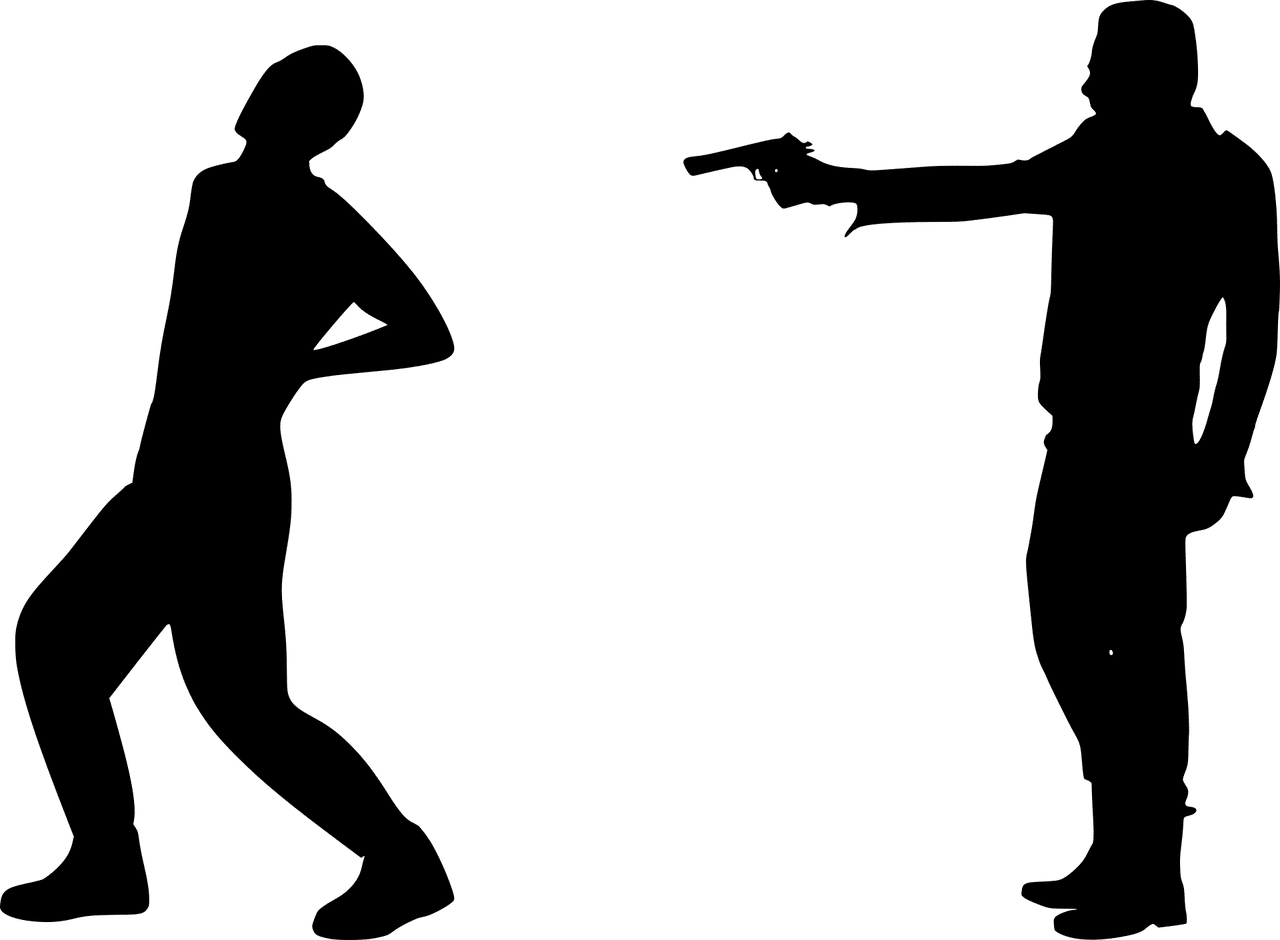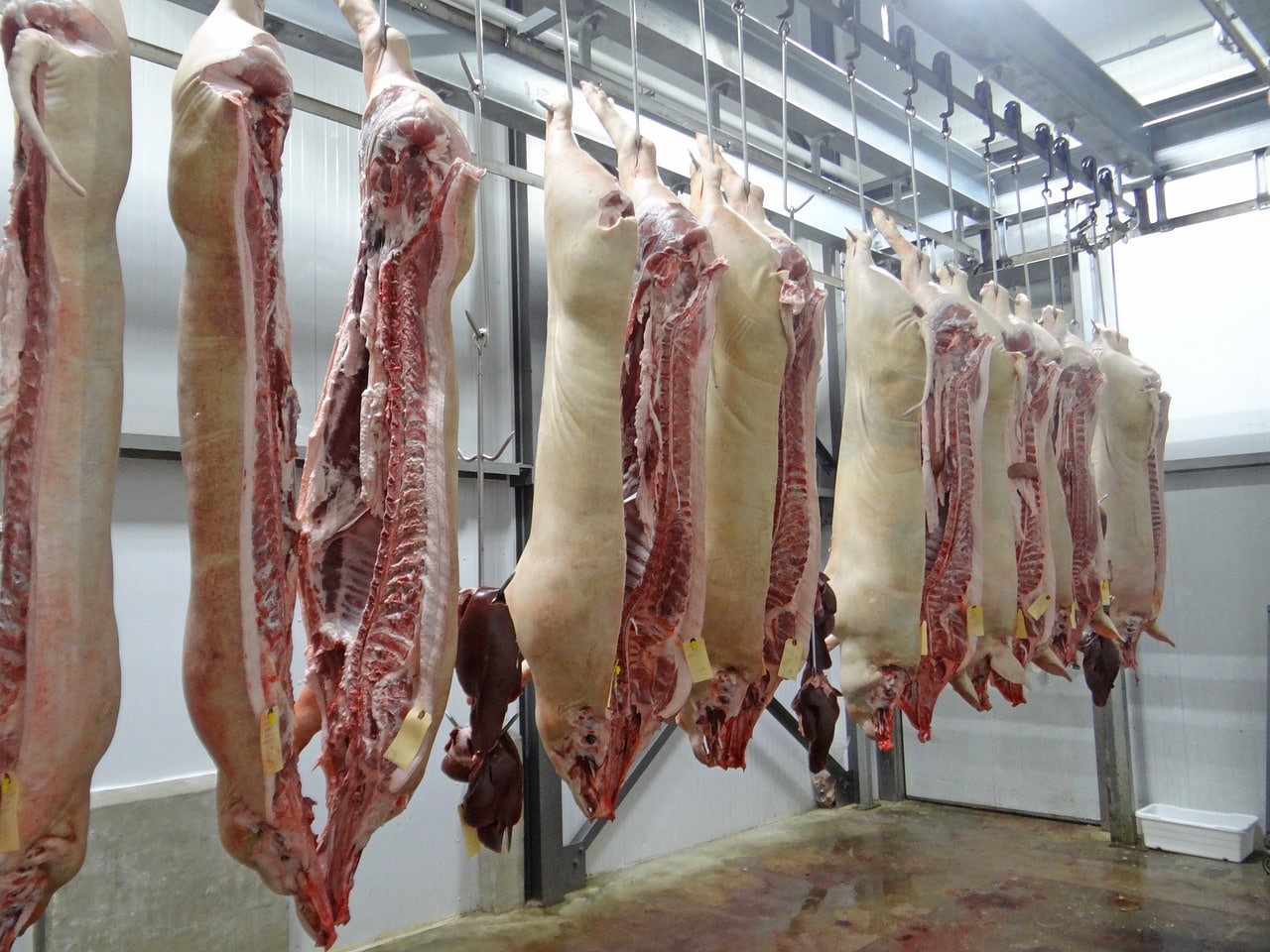
A victim is someone who suffers harm, whether through the fault of another or for fortuitous reasons.
A victim is a person or animal that suffers harm or harm through the fault of another or due to a fortuitous cause . When the damage is caused by a person, they are called the victimizer .
For example: “The bank robbery left one fatal victim and two injured,” “This child is a victim of a system that does not give the same opportunities to all people,” “The victim was interrogated by the prosecutor who is dealing with to clarify the case."
The animal as victim
The first meaning of the term - which has its origin in a Latin word of similar writing - refers to the living being destined (person or animal) for sacrifice . However, it is worth mentioning that this use is the least common today, since the notion of victim usually refers to the person harmed by another human being or by a force majeure.
Omitting the possibility that an animal can be considered a victim is consistent with the position in which human beings place the rest of nature : it is nothing more than a simple resource that someone or something made available to us, so that we could exploit it. ruthlessly in order to satisfy our needs. Of course, current societies are far from taking from the environment only what they need to survive.
The animals that are born and killed in a slaughterhouse are true victims, even if they do not denounce us, even if they do not plan a retaliation against their torturers. They are the perfect victims, because no one recognizes them as such, because they do not complain and accept the abuse that human beings impose on them. The animals, the silent victims, watch their children die without being able to prevent it, they grow up in small spaces that no person could endure without going crazy, eating and gaining weight, allowing themselves to be handled, being subjects of cruel experiments . All this has been happening for decades, without interruption, and the language wants to stop recognizing them as victims.

Animals are often victims of humans.
Damage from crimes
All people who suffer a crime are victims of that event, even if they have suffered different types of damage.
The victim may have been assaulted without any physical consequences (only money or other property was stolen), beaten or injured in the middle of the robbery (fist blows, stab wounds, gunshots, etc.) or may have died as a direct consequence of the aggression. In the latter case, we speak of a fatal victim .
Victim of own actions
In a more abstract sense, a person can be a victim of their own actions , which occurs especially in individuals who suffer from certain personality disorders. For different reasons, some people drive themselves toward work or emotional failure, or cause some type of physical harm; Although in all cases there are underlying reasons, generally related to traumatic experiences during childhood caused by the elders who had to take care of them, the consequences of said past wounds occur with or without the presence of the original aggressors.
Typically, victims of sexual or psychological abuse try to reproduce the feeling of submission and humiliation that they once suffered without choice; This does not mean that they submit to mistreatment similar to that received during the attacks that generated the trauma, but they do seek to feel again that frustration, that helplessness that the abuse generated. In a similar way, victims can become victimizers of third parties, continuing a perverse cycle that feeds on the suffering of an innocent person to try to satisfy someone who at some point in their life was also innocent, and who can never be innocent again.
Consequences of a natural disaster
Natural disasters also create victims. These are cases of force majeure, where, in principle, nothing can be done to prevent damage.
However, there are always concrete ways to minimize the consequences of a possible natural disaster ( floods , droughts , volcano eruption , earthquake ), although they require economic means and political will.
